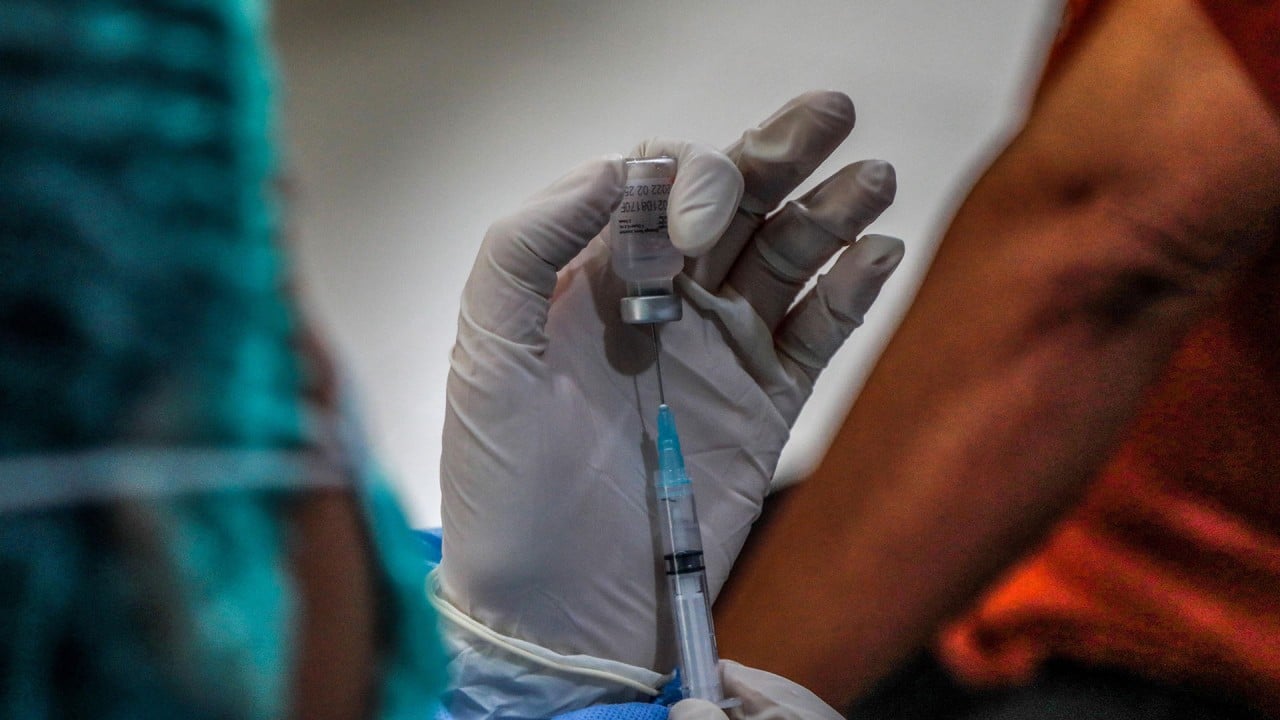Which vaccines stop Omicron? Search for data moves from labs to real world
- As coronavirus variant’s rapid spread forces rethink of Covid-19 vaccine strategies, real-world data can help show jabs’ effectiveness against it
- But various challenges surround that data, not least that it is difficult to get until Omicron has infected even more people, and in more countries

Initial real-world findings on protection offered by doses from Pfizer, AstraZeneca and Johnson & Johnson have been released in recent days, adding critical information that could inform national health policies and World Health Organization (WHO) recommendations. Already countries are calling for boosters, which data suggests bolster protection.
But several factors will determine how clarity emerges on China’s vaccines, judging by accounts from experts who have been involved in similar studies in countries that use them.
Two WHO-licensed Chinese shots – from Sinovac Biotech and Sinopharm – are among the world’s most widely used. These vaccines, made using a traditional technology that relies on an inactivated virus, already had lower effectiveness than vaccines that use the cutting-edge mRNA method.
